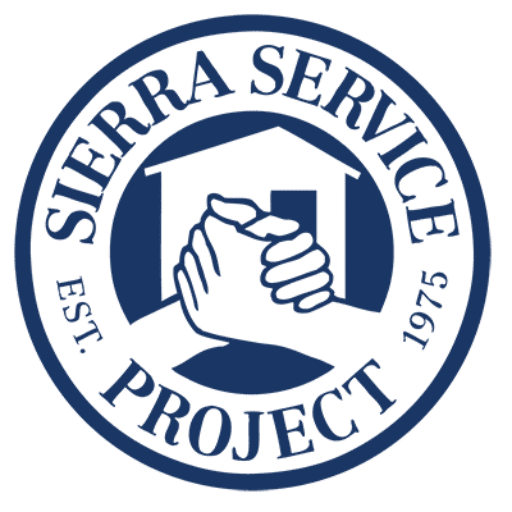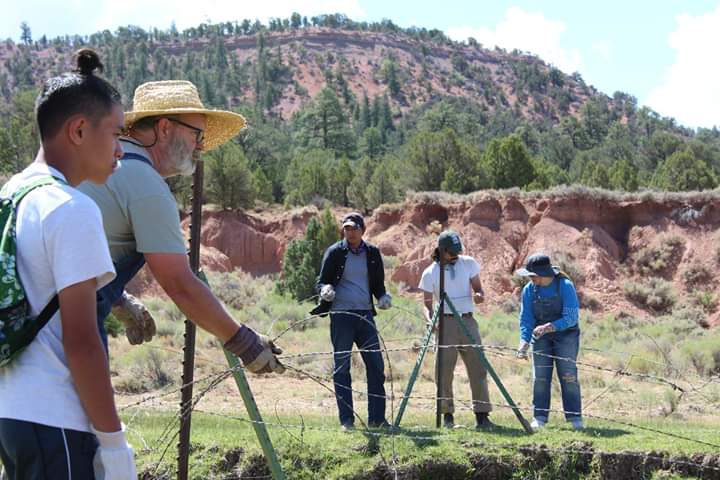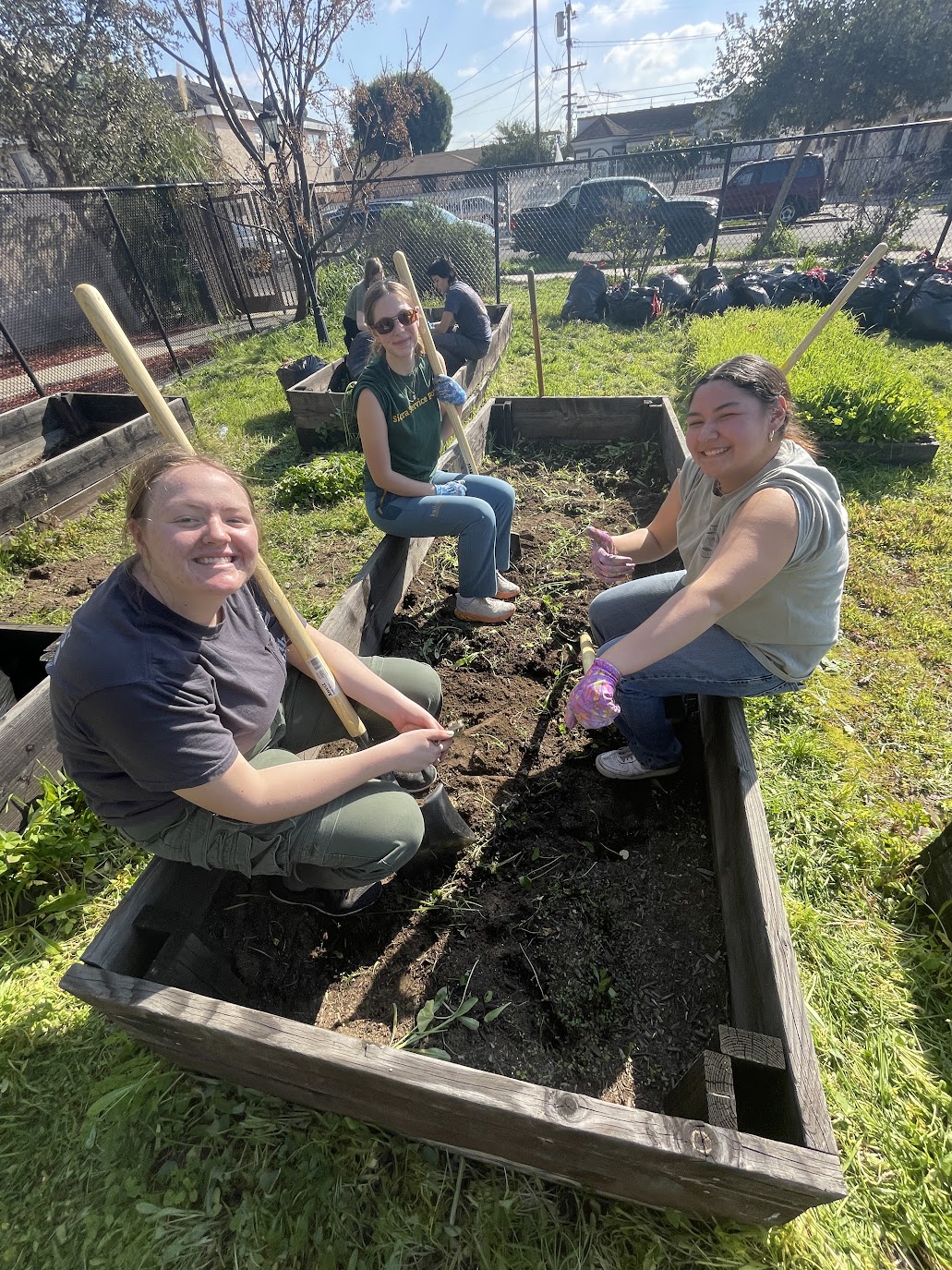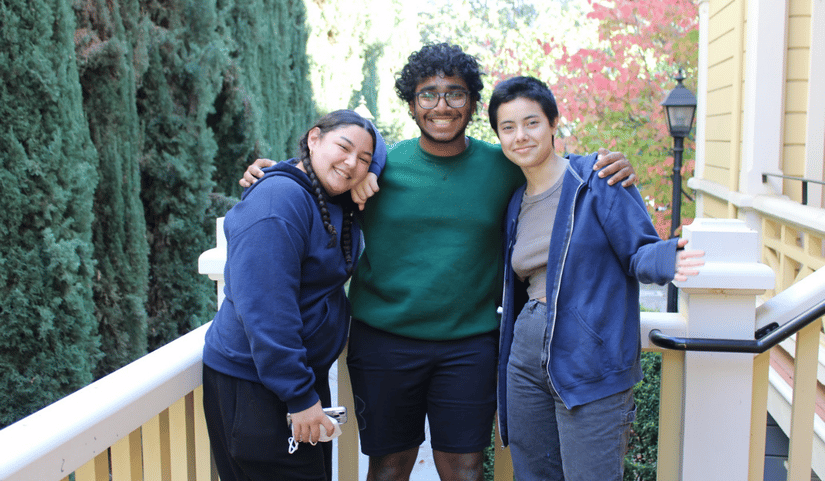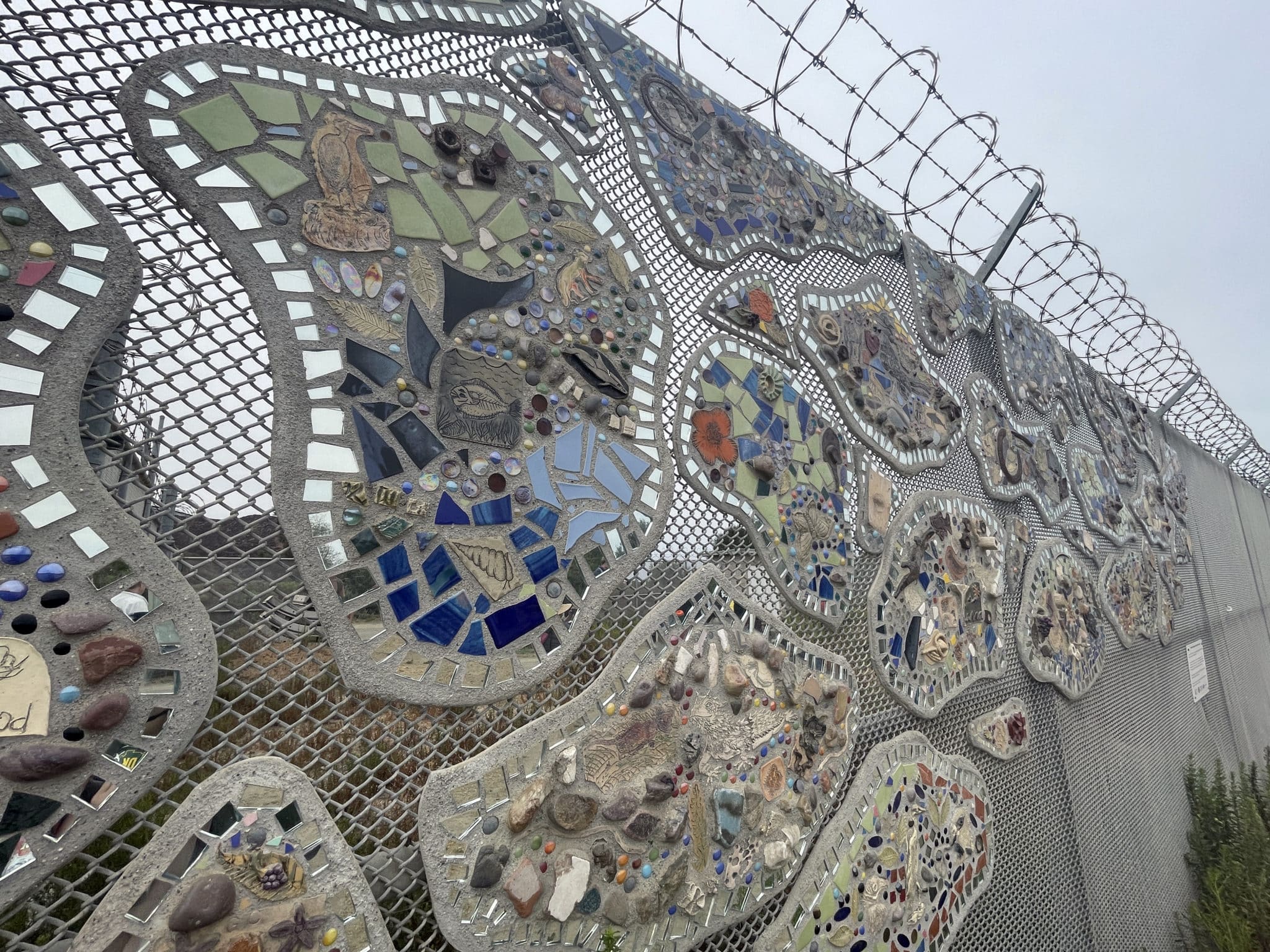Elvira Litson, Community liaison, The Tsaile-Wheatfields Dineh Water Users
My name is Elvira Litson, and I serve multiple positions for a nonprofit organization within my community on the Navajo Nation. The Tsaile-Wheatfields Dineh Water Users (TW-DWU) 501(c)(12) was established to collect operation and maintenance fees from farmers to maintain major irrigation canals to irrigatable farmlands within the Tsaile-Wheatfields area. The Tsaile-Wheatfields Farm Board oversees three major farmland sites (Tsaile, Upper Wheatfields, and Lower Wheatfields) totaling about 1,678 acres and 127 contiguous farm plots leased by farmers through Land Use Permit Agreements.
“Now more than ever [we] are focused on revitalizing and strengthening our roots and responsibilities to the land by using the wisdom of our ancestors, helping us survive in these times of great transition.”
TW-DWU was awarded a 5 million dollar grant through the Navajo Nation Permanent Trust Fund to implement a 5-year revitalization of farmlands project, known as the Wheatfields Agriculture Project, where 80% of farmlands sat idle for decades. The mission of the organization is to develop, promote, operate, and maintain water conservation systems to sustain agriculture and community activities in the Tsaile-Wheatfields-Blackrock communities for present and future generations. Our vision is to have a sustainable supply of high-quality water to support a prosperous agricultural community that nurtures healthy and happy families.
The pandemic has placed an emphasis on food security and sovereignty within our nation. Now more than ever, our organization and many similar programs within our nation are focused on revitalizing and strengthening our roots and responsibilities to the land by using the wisdom of our ancestors, helping us survive in these times of great transition.
“Our solution is to strengthen our food and water systems to build an economic system for our community and our nation as a whole.”
TW-DWU is strategically planning and establishing partnerships to build capacity by supporting local farmers and ranchers with contemporary and traditional growing methods, food preparation and preservation methods, and improving the quality of our local livestock. Our solution is to strengthen our food and water systems to build an economic system for our community and our nation as a whole.
Editor’s Note: Thank you Elvira for your local leadership and for sharing about TW-DWU and food sovereignty with SSP participants during our online summer program. We look forward to our ongoing partnership, including our new Community Advisory Council!
